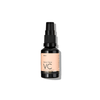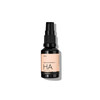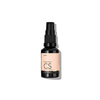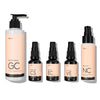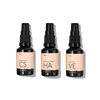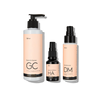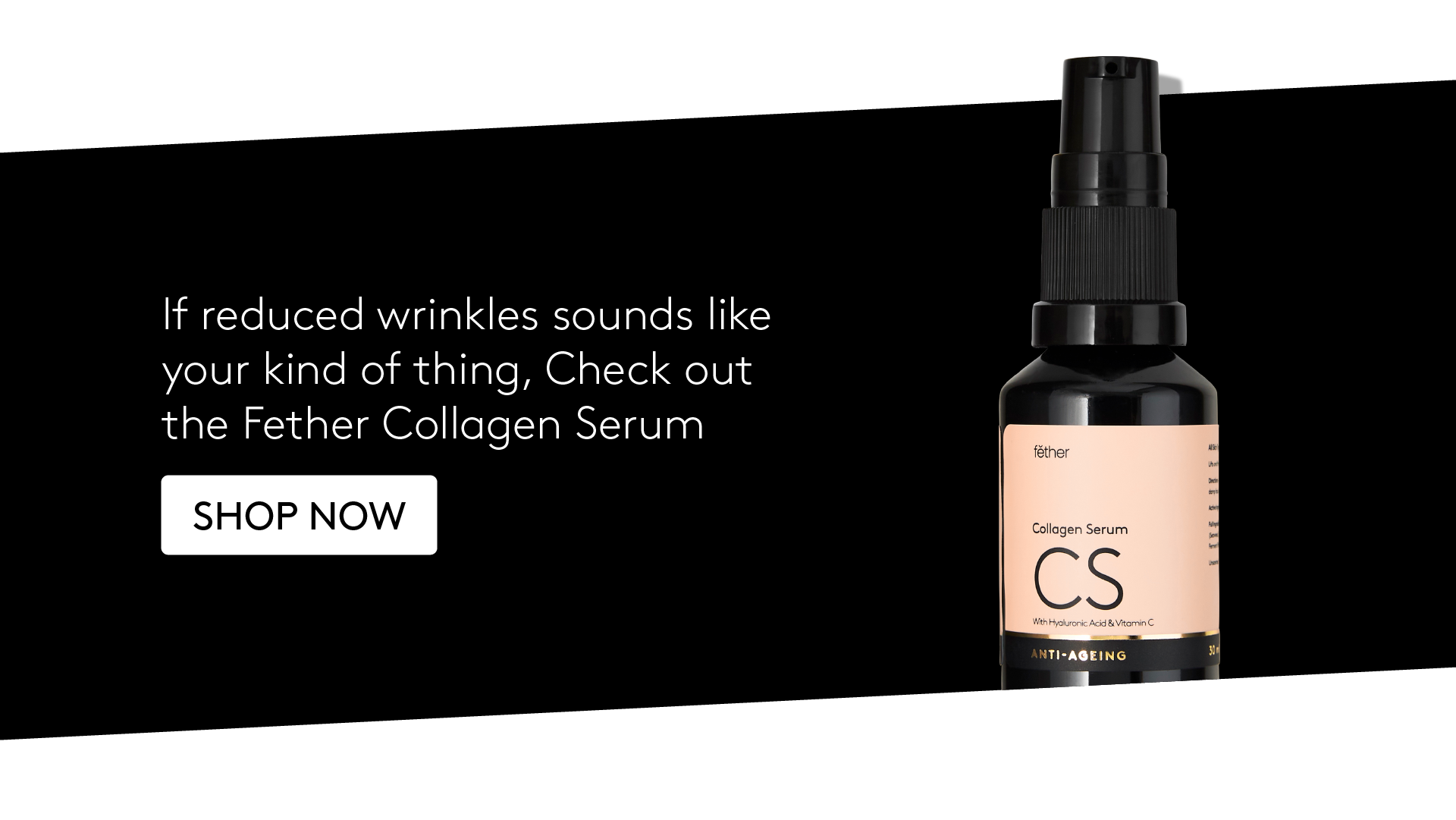Moisturiser vs Serum — Which Is Right for You?
With an abundance of beauty and skincare products available, gone are the days when using soap on your face, and a lot of hair spray to keep your hair looking big was considered a beauty routine. But with so many choices available and so many trending products, things can and do get a bit confusing when you shop. Case in point: Not everyone’s sure about the difference between a serum and a moisturiser, and while you may find experts always advise using both as part of a healthy, complete skincare routine, what, precisely, is the difference between the two? Is it essential to use both? What are some face serum benefits and would it be better to apply a serum before or after moisturiser? Read on to find answers to these questions and see who comes out on top in moisturiser vs serum.
Serum explained
Let's start with serums. A serum is a light water-based, concentrated formula containing vital ingredients and nutrients designed to address deep-seated skin concerns. Because they are composed of smaller molecules than moisturisers, face serums benefit the skin by quickly penetrating the deeper layers of the skin. They work to treat particular skin woes like discolouration and age spots, fine lines and wrinkles, and any other skin problems that can only be addressed by reaching these deeper levels of the dermis.
Face serums are formulated in various ways, giving users a plethora of options to choose from and helping them achieve optimum results according to their skin type and concern.
While they might seem like a new thing, face serum benefits are already widely known within the skincare industry, with dermatologists praising their effectiveness.
Moisturiser basics
Moisturisers, also referred to as emollients (lipids and oils), are applied to the skin to keep its outermost layer (the stratum corneum) moisturised and protected from dryness and flaking. Among the key benefits of moisturising is its ability to minimise moisture loss and protect the skin from environmental stressors by forming a protective barrier across the skin surface. Moisturisers can also be classified as humectants (substances that attract water from the air or deeper in the skin) like hyaluronic acid or occlusives ( ingredients that create a physical barrier on the skin) such as lanolin or beeswax. The last type of moisturiser is not suggested for everyday use because it is highly comedogenic, which means it clogs pores like crazy. Certain moisturisers are formulated to provide various degrees of moisturisation for folks with different skin types. There are rich, creamy moisturisers made for dry skin and oil-free, non-greasy, non-comedogenic products intended for oily skin. Whichever type you’re using, moisturiser should be applied at the end of your skincare routine before putting on sunscreen and makeup.
Difference between a serum and a moisturiser
Serums penetrate the skin's surface to as deep as 10 layers. Meanwhile, moisturisers (which are primarily oil-based and have larger molecules) only affect the top layer of the skin and act as more of a conditioner. By locking in hydration and creating a barrier, moisturisers guard the skin against external stressors that could exacerbate existing skin conditions. Simply put, serums provide nutrients to deeper layers of the dermis, where moisturisers seal and protect the outer layers of the skin.
When to apply serum or moisturiser
Ideally, you should apply any serum after cleansing and toning, but before moisturising. Applying moisturiser creates a barrier over the skin surface. This means that applying serum after moisturising will prevent the skin from absorbing it completely, making the serum's ingredients less effective. Contrarily, when you apply moisturiser after dabbing on some serum, the emollients help to lock in the serum's active ingredients, ensuring that both the serum and moisturiser's beneficial effects on your skin are maximised. Whether you're using a vitamin C serum to brighten skin or one formulated with hyaluronic acid to provide hydration, make sure you lock it in with the right moisturiser to achieve optimum results.
Use serum and moisturiser for healthy, beautiful skin
Both serums and moisturisers can work to ensure your skin stays healthy and happy. While there are unique face serum benefits and specific benefits of moisturising, the general rule is that serums help treat skin concerns, while moisturisers provide a protective barrier that locks in hydration and nutrients. For this reason, they work wonderfully alongside each other. When it comes to moisturiser vs serum, there is no real winner; it's all about weighing up your skin concerns and trying to maximise the solution's effectiveness. To browse a range of premium serums and moisturisers that are vegan, cruelty and chemical-free, view our skincare range today.
